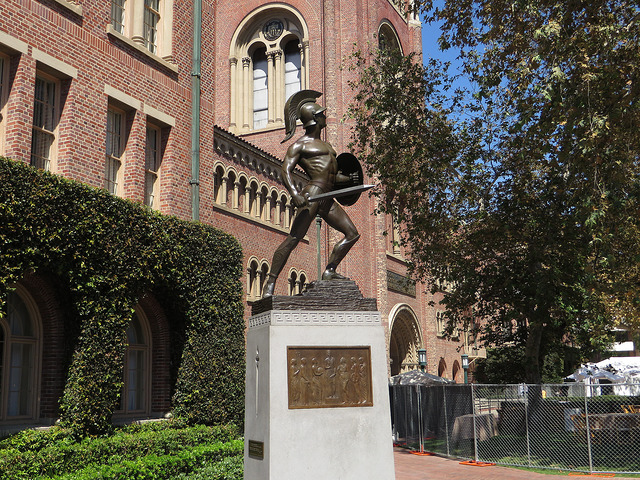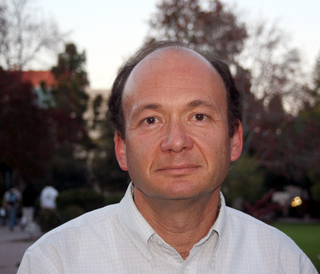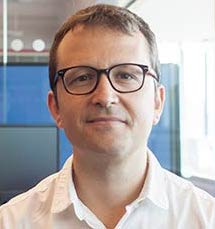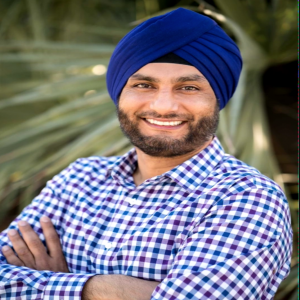AMR EL ABBADI, DEPARTMENT OF COMPUTER SCIENCE, UNIVERSITY OF CALIFORNIA, SANTA BARBARA.
Abstract
Bitcoin is a successful and interesting example of a global scale peer-to-peer cryptocurrency that integrates many techniques and protocols from cryptography, distributed systems, and databases. The main underlying data structure is blockchain, a scalable fully replicated structure that is shared among all participants and guarantees a consistent view of all user transactions by all participants in the cryptocurrency system. The novel aspect of Blockchain is that historical data about all transactions is maintained in the absence of any central authority. This property of Blockchain has given rise to the possibility that future applications will transition from centralized databases to a fully decentralized storage based on blockchains. In this talk, we start by developing an understanding of the basic protocols used in blockchain, and elaborate on their main advantages and limitations. To overcome these limitations, we will explore some of the challenges of managing large scale fully replicated ledgers in the context of achieving large scale consensus. Finally, we ponder over recent efforts to use blockchains in diverse applications.
Bio
Amr El Abbadi is a Professor of Computer Science at the University of California, Santa Barbara. He received his B. Eng. from Alexandria University, Egypt, and his Ph.D. from Cornell University. Prof. El Abbadi is an ACM Fellow, AAAS Fellow, and IEEE Fellow. He was Chair of the Computer Science Department at UCSB from 2007 to 2011. He has served as a journal editor for several database journals, including, The VLDB Journal, IEEE Transactions on Computers and The Computer Journal. He has been Program Chair for multiple database and distributed systems conferences. He currently serves on the executive committee of the IEEE Technical Committee on Data Engineering (TCDE) and was a board member of the VLDB Endowment from 2002 to 2008. In 2007, Prof. El Abbadi received the UCSB Senate Outstanding Mentorship Award for his excellence in mentoring graduate students. In 2013, his student, Sudipto Das received the SIGMOD Jim Gray Doctoral Dissertation Award. Prof. El Abbadi is also a co-recipient of the Test of Time Award at EDBT/ICDT 2015. He has published over 300 articles in databases and distributed systems and has supervised over 35 PhD students.







